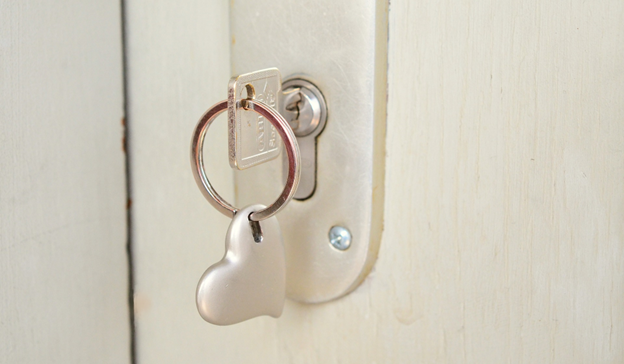Generating results
This is usually done within a minute.
Having Success Finding an Accessible Home

Finding a home to purchase is easy; finding one that is accessible and accommodates mobility needs such as a wheelchair or walker can be difficult. It can be frustrating to search for a home when you or your loved one has accessibility needs. You may be undertaking this search while moving your business as well. In that case you will need to spend time in the planning phase.
House hunting for an accessible home can be fruitful if you know how to approach it. Before getting started, it’s wise to take a few steps to make the house hunting process easier. Learn more in the following article presented by 1Search.co.
Step 1: Consider Your Budget
As with any investment, budget planning is an important first step. Financial advisers are skilled at helping people parse out what is affordable and may help you identify what sort of home is within your budget. Experts cited on The Motley Fool agree that housing costs should not exceed 30 percent of your income.
Prior to house hunting, use an online calculator to figure what monthly mortgage payment you can afford. Then, plot out a total expense budget, factoring in long-term utility expenses, property tax and all other expenditures. Don’t forget to include daily spending such as transportation and food costs. Capturing all of your outgoing expenses is important to determine the amount of funds reasonably available for housing.
Step 2: Create a List of Home Requirements
House shopping is an emotional experience, and it is easy to fall in love with a home that isn’t right for you. Prior to looking at any listings, consider starting a list of must-haves for your new home.
It’s important to establish a house hunting checklist to help navigate your search. Think about factors such as square footage, accessible kitchen cabinets and user-friendly appliances as you prepare to do some market research.
Step 3: Research the Market
Now that you have a budget plan and a list of home requirements, complete an online search for homes in your area. Most realty websites have a search box to specify budget range, and many have advanced search options that enable you to find homes that meet other criteria including accessibility and square footage. It may be helpful to learn more about the housing market to protect yourself from making an unfortunate investment.
As you search for properties in your area that meet your needs, note the average cost and whether these homes offer the accessibility required. Expand your search area to other cities and towns to find out if those areas may have housing options that better fit your budget and accessibility needs.
Tips on What to Look For in an Accessible Home
When shopping for an accessible home, be sure to think about factors like wide door frames to accommodate a wheelchair or walker, electrical outlets, lightswitches and accessible bathroom and kitchen fixtures. Spacious hallways and plenty of room for movement within each room are important factors for ease of use.
Ranch-style homes are ideal for accessibility purposes, and ramp-ready front and side door access is crucial. Logistical factors such as ease of entry are important for grocery transport and in consideration of inclement weather, not to mention the necessity for fire safety egress.
Try not to get too discouraged if a home doesn’t meet all of the items on your must-have list, particularly if there is room for modification. If a home has potential and the price is right, you may be able to renovate. Home renovations to accommodate accessibility needs may require a professional who has experience or knowledge of the subject.
Renovations specialists in the area of accessibility can easily identify ways to make a home more user friendly. Widening doorways, adding ramps and changing out ineffective bathroom fixtures with grab bars are relatively simple and low-budget projects. Structural changes and kitchen renovation are more costly endeavors that may be worthwhile if the home is inexpensive enough to warrant the cost.
Be wary of purchasing a home “as is.” It may seem like you’re getting a good deal, but many of these homes have extensive issues that will take considerable cost to repair, such as a leaking roof, pest infestation, or structural damage.
As you begin your house hunting journey, be sure to invest the time it takes to plan for your accessibility needs, budget restrictions and potential renovation options. The time you invest in this process will pay off when you find a home that meets your needs.








